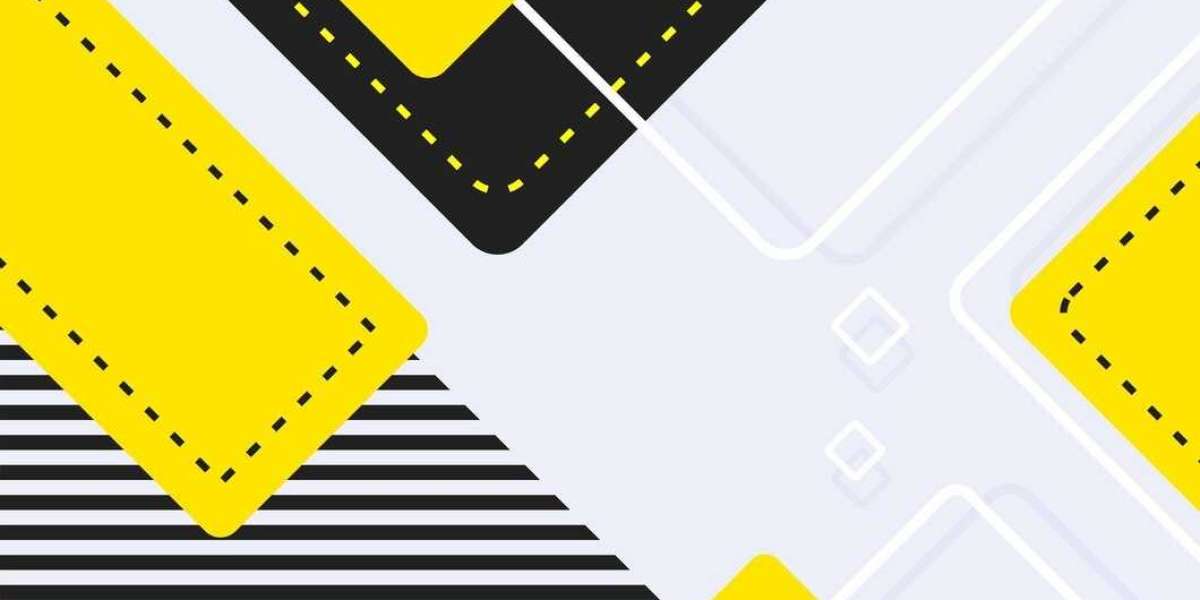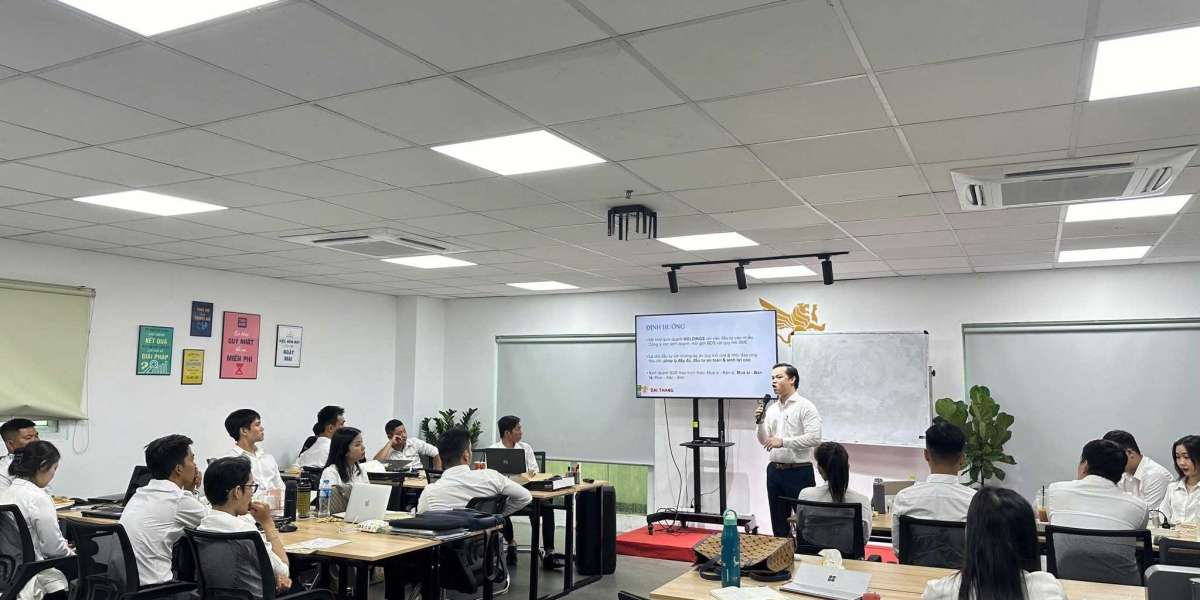
Artificial Intelligence (AI) is changing education while making discovering more accessible but likewise triggering disputes on its effect.

While trainees hail AI tools like ChatGPT for enhancing their learning experience, lecturers are raising issues about the growing dependence on AI, it-viking.ch which they argue fosters laziness and undermines scholastic stability, especially with lots of trainees not able to protect their assignments or offered works.

Prof. Isaac Nwaogwugwu, a lecturer at the University of Lagos, in an interview with Nairametrics, revealed aggravation over the growing dependence on AI-generated reactions among students stating a recent experience he had.
RelatedStories
Avoid sharing individual details that can recognize you with AI tools- Expert warns
Chinese AI app DeepSeek sparks worldwide tech selloff, difficulties U.S. AI dominance
"I offered a project to my MBA students, and out of over 100 trainees, about 40% submitted the specific same responses. These trainees did not even know each other, but they all used the exact same AI tool to produce their responses," he said.
He kept in mind that this pattern prevails among both undergraduate and postgraduate students however is especially concerning in part-time and range knowing programs.
"AI is a serious obstacle when it concerns tasks. Many students no longer believe critically-they simply browse the web, generate answers, and submit," he added.
Surprisingly, some speakers are also accused of over-relying on AI, setting a cycle where both educators and trainees turn to AI for benefit instead of intellectual rigor.
This debate raises vital questions about the function of AI in academic stability and student development.
According to a UNESCO report, while ChatGPT reached 100 million month-to-month active users in January 2023, just one nation had launched guidelines on generative AI since July 2023.
Since December 2024, ChatGPT had more than 300 million individuals using the AI chatbot each week and 1 billion messages sent every day around the globe.
Decline of academic rigor
University speakers are increasingly concerned about students submitting AI-generated assignments without truly comprehending the material.
Dr. Felix Echekoba, a lecturer at Nnamdi Azikiwe University, revealed his issues to Nairametrics about trainees increasingly depending on ChatGPT, just to fight with addressing fundamental questions when tested.
"Many students copy from ChatGPT and send refined tasks, however when asked basic questions, they go blank. It's disappointing due to the fact that education is about learning, not simply passing courses," he stated.
- Prof. Nwaogwugwu explained that the increasing variety of top-notch graduates can not be completely credited to AI however confessed that even high-performing students utilize these tools.
"A superior student is a first-class student, AI or not, but that does not mean they don't cheat. The benefits of AI might be peripheral, but it is making trainees dependent and less analytical," he stated.
- Another speaker, Dr. Ereke, from Ebonyi State University, raised a various issue that some speakers themselves are guilty of the exact same practice.
"It's not just students using AI slackly. Some lecturers, out of their own laziness, generate lesson notes, course details, marking schemes, and even exam questions with AI without examining them. Students in turn utilize AI to create responses. It's a cycle of laziness and it is eliminating genuine knowing," he lamented.
Students' perspectives on use
Students, on the other hand, state AI has enhanced their knowing experience by making scholastic products more easy to understand and available.
- Eniola Arowosafe, a 300-level Business Administration student at Unilag, shared how AI has actually significantly aided her learning by breaking down complex terms and providing summaries of lengthy texts.
"AI assisted me understand things more quickly, particularly when dealing with complex topics," she discussed.
However, she remembered an instance when she utilized AI to send her job, only for her lecturer to immediately acknowledge that it was produced by ChatGPT and reject it. Eniola kept in mind that it was a good-bad effect.
- Bryan Okwuba, who just recently finished with a superior degree in Pharmacy Technology from the University of Lagos, firmly believes that his scholastic success wasn't due to any AI tool. He attributes his impressive grades to actively appealing by asking questions and focusing on locations that speakers emphasize in class, as they are frequently reflected in exam concerns.
"It's everything about being present, paying attention, and taking advantage of the wealth of knowledge shared by my associates," he said,
- Tunde Awoshita, a final-year marketing student at UNIZIK, confesses to sometimes copying straight from ChatGPT when dealing with multiple due dates.
"To be honest, there are times I copy straight from ChatGPT when I have multiple deadlines, and I know I'm guilty of that, many times the speakers don't get to review them, however AI has actually likewise assisted me discover much faster."
Balancing AI's function in education
Experts think the service lies in AI literacy; teaching students and lecturers how to utilize AI as a knowing aid instead of a faster way.
- Minister of Education, Dr. Tunji Alausa, highlighted the combination of AI into Nigeria's education system, stressing the value of a well balanced method that preserves human participation while utilizing AI to enhance finding out results.
"As we browse the rapidly evolving landscape of Expert system (AI), it is vital that we prioritise human company in education. We must guarantee that AI improves, instead of replaces, educators' important role in shaping young minds," he said
Concerns over AI in Learning
Dorcas Akintade, a cybersecurity improvement expert, resolved growing issues concerning using synthetic intelligence (AI) tools such as ChatGPT and their potential dangers to the academic system.
- She acknowledged the benefits of AI, nevertheless, stressed the need for care in its usage.
- Akintade highlighted the increasing resistance among teachers and schools toward integrating AI tools in learning environments. She determined 2 main reasons why AI tools are prevented in educational settings: security dangers and plagiarism. She discussed that AI tools like ChatGPT are trained to respond based on user interactions, which might not line up with the expectations of teachers.
"It is not looking at it as a tutor," Akintade stated, describing that AI does not accommodate specific mentor approaches.
Plagiarism is another problem, as AI pulls from existing data, often without correct attribution
"A lot of individuals need to understand, like I stated, this is data that has actually been trained on. It is not just bringing things out from the sky. It's bringing information that some other individuals are fed into it, which in essence means that is another individual's documentation," she warned.
- Additionally, Akintade highlighted an early issue in AI development referred to as "hallucination," where AI tools would generate info that was not accurate.
"Hallucination meant that it was drawing out details from the air. If ChatGPT could not get that details from you, it was going to make one up," she discussed.
She suggested "grounding" AI by offering it with particular information to avoid such errors.
Navigating AI in Education
Akintade argued that banning AI tools outright is not the option, especially when AI presents a chance to leapfrog standard educational methods.
- She believes that regularly enhancing crucial information helps people remember and avoid making mistakes when confronted with challenges.
"Immersion brings conversion. When you inform people the exact same thing over and over again, when they are about to make the errors, then they'll remember."
She also empasized the requirement for clear policies and procedures within schools, noting that lots of schools must attend to individuals and process aspects of this use.
- Prof. Nwaogwugwu has turned to in-class assignments and tests to counter AI-driven scholastic dishonesty.
"Now, I mainly utilize assignments to guarantee trainees offer initial work." However, forum.batman.gainedge.org he acknowledged that handling large classes makes this technique difficult.
"If you set intricate concerns, students won't have the ability to utilize AI to get direct answers," he discussed.

He highlighted the requirement for universities to train speakers on crafting exam questions that AI can not easily solve while acknowledging that some lecturers struggle to counter AI misuse due to an absence of technological awareness. "Some speakers are analogue," he said.
- Nigeria released a draft National AI Strategy in August 2024, pipewiki.org concentrating on ethical AI advancement with fairness, transparency, accountability, and privacy at its core.
- UNESCO in a report requires the policy of AI in education, recommending institutions to examine algorithms, information, and outputs of generative AI tools to guarantee they meet ethical standards, secure user information, and filter inappropriate content.
- It worries the requirement to evaluate the long-term effect of AI on critical abilities like believing and creativity while developing policies that line up with ethical frameworks. Additionally, UNESCO recommends carrying out age limitations for GenAI usage to secure more youthful students and secure vulnerable groups.
- For governments, it recommended embracing a coordinated national technique to controling GenAI, including establishing oversight bodies and lining up policies with existing information security and personal privacy laws. It emphasizes examining AI threats, imposing stricter rules for high-risk applications, and making sure nationwide data ownership.







